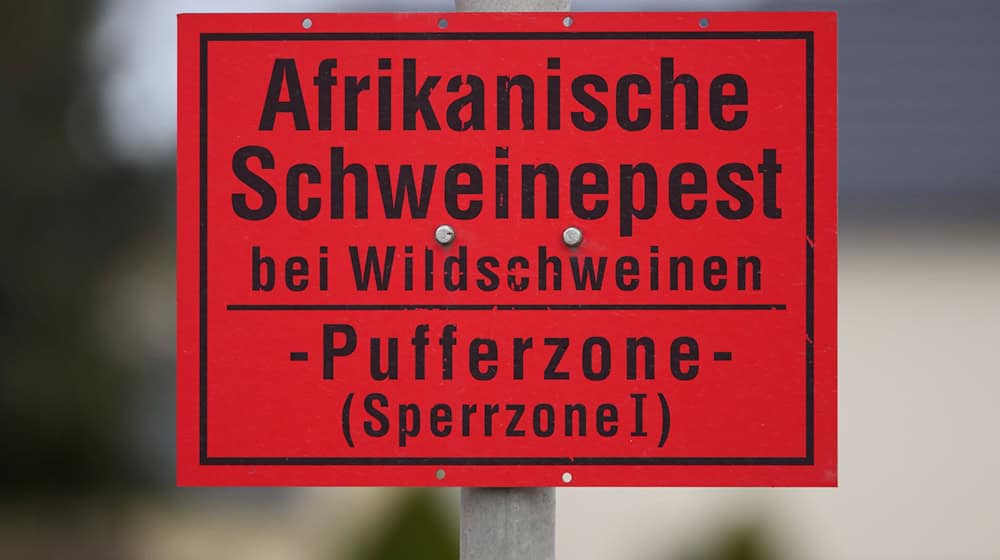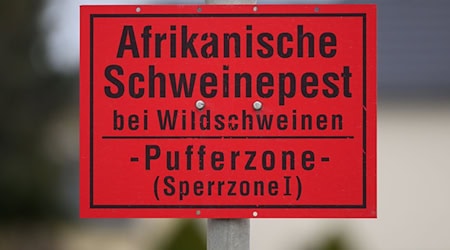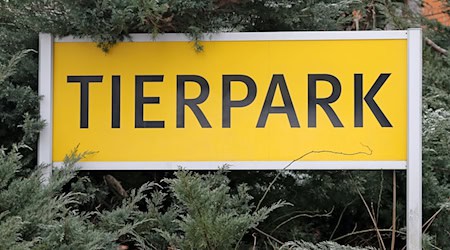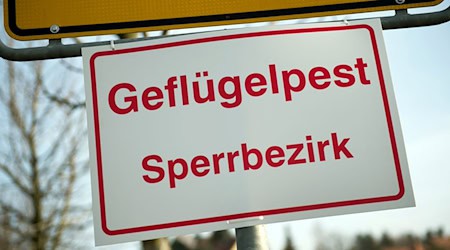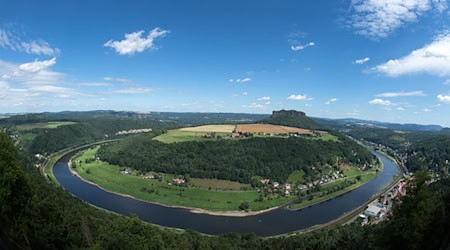As African swine fever (ASF) is considered to be largely contained in Saxony, the restricted zones will be reduced in size. The EU Commission has approved a corresponding application from Saxony, the Ministry of Social Affairs announced. Accordingly, only one case of ASF has been detected in the district of Bautzen in the past twelve months.
The area of restricted zone II (endangered area) will thus be reduced from 1,403 to 170 square kilometers in the district of Bautzen. The area of restricted zone I (buffer zone) has also been reduced and now only affects parts of the districts of Bautzen and Görlitz. In the areas that will be free in future, farmers will no longer be subject to restrictions on the utilization of animals and the use of certain feedstuffs. Restrictions on hunting and the use of wild boar have also been lifted for hunters.
Disease is almost always fatal
According to the ministry, 2,398 wild boars or wild boar carcasses infected with the ASF virus have been identified in the state since the initial outbreak at the end of October 2020. Around 54 million euros have been spent on combating the disease. Around 30 million of this was spent on building and dismantling around 850 kilometers of fencing.
African swine fever is a viral infection that only affects pigs. It is almost always fatal and incurable. Surviving animals do not develop immunity to the virus and can become infected again. To date, there is no way to protect pigs through vaccination. The disease can be transmitted directly from animal to animal or indirectly via contaminated objects and feed.
Copyright 2025, dpa (www.dpa.de). All rights reserved

